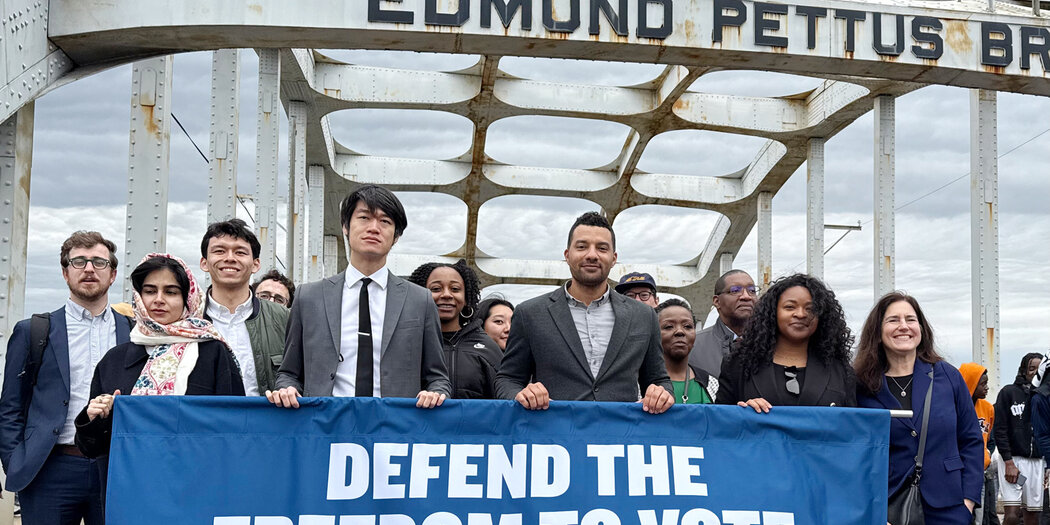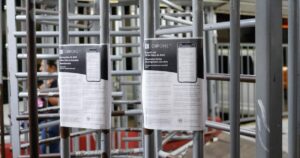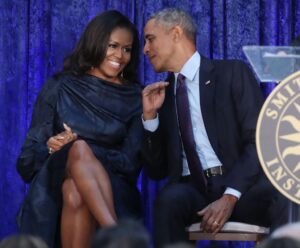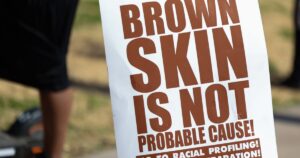A Renewed Battle for Voting Rights: Reflections on Progress and Ongoing Struggles
This week, a poignant reminder of history’s complexity and the ongoing fight for justice unfolded as the Brennan Center commemorated the 60th anniversary of Bloody Sunday in Selma and Montgomery, Alabama. The event, marked by the bravery of John Lewis and others, led to the passage of the Voting Rights Act of 1965, a pivotal moment in the quest for civil rights.
According to Kareem Crayton, who led the Brennan Center’s delegation, “The visit to Montgomery was a meaningful one not just because of the 60th anniversary of the march, but because of the flood of new efforts seeking to erase and reverse the progress achieved by the people who crossed the bridge in 1965.” This underscores the enduring challenges in the fight to secure voting rights.
Today’s battleground is different. The struggle is now waged through legislation, court decisions, and administrative actions rather than physical confrontations. Efforts to undermine voting rights manifest in various forms, including legal battles seeking to strip citizens of their ability to seek redress under the Voting Rights Act. A federal appeals court has already supported this contentious viewpoint.
Recent actions by the new administration have further complicated the landscape. All officials at the Cybersecurity and Infrastructure Security Agency, who were responsible for election security, have been dismissed. This move opens the door to potential threats to electoral integrity from both foreign and domestic actors.
In the political arena, candidates for top positions face scrutiny regarding their stance on the “Big Lie” — the baseless claim that Donald Trump won the 2020 election. This conspiracy theory is often used to justify restrictive voting measures.
The situation escalates with President Trump’s recent executive order targeting Perkins Coie, a law firm involved in litigation against voter suppression. The order revokes security clearances for its employees, restricts their access to federal premises, and threatens companies employing the firm. This move is seen as an attempt to stifle free speech and intimidate the legal community into retreating from defending democratic principles.
Legislative proposals also pose threats. The SAVE Act, soon to be voted on by the House, would require citizens to present a passport or birth certificate to register or re-register to vote. This requirement could disenfranchise 21 million Americans who lack easy access to these documents, effectively eliminating online, mail, or registration drive options.
However, there is a legislative countermeasure. Rep. Terry Sewell (D-AL) has introduced an updated version of the John R. Lewis Voting Rights Advancement Act. This legislation aims to restore the Voting Rights Act’s strength, weakened by the Supreme Court’s decision in Shelby County v. Holder, by using current data to safeguard voting rights nationwide.
Reflecting on the past, Dr. Martin Luther King Jr.’s words at the conclusion of the Selma to Montgomery march resonate today. He highlighted the broader implications of the fight for voting rights beyond mere enfranchisement, questioning the nature of governance and societal structure. King famously declared, “Not long, because no lie can live forever,” emphasizing the inevitability of truth prevailing.






